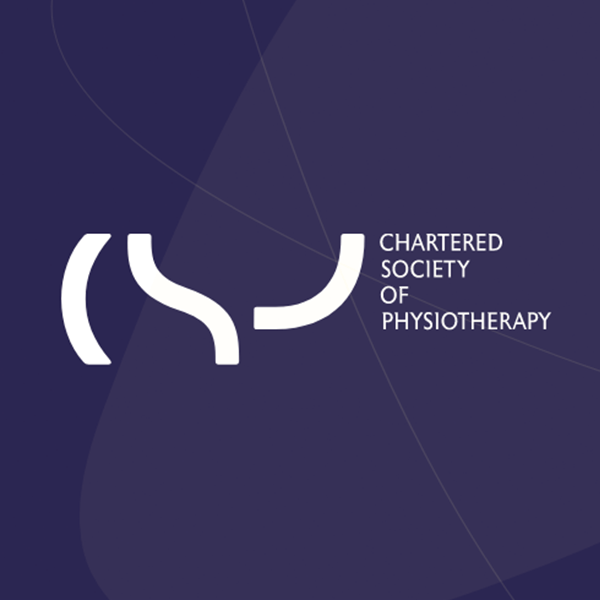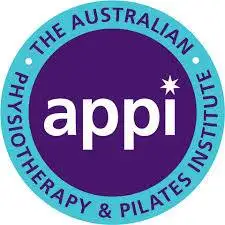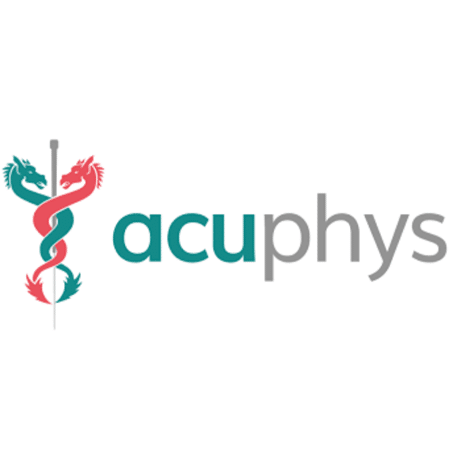Plantar Fasciitis
What is it?
The Plantar Fascia is a band of tough, fibrous tissue that runs along the sole of your foot, from the heel, along the arch, to the ball of the foot.
Its purpose is to help support the arch of the foot and to absorb shock as we walk. This tissue can get irritated and inflamed, causing pain. When this happens, it is known as ‘Plantar Fasciitis’.
What Plantar Fasciitis might feel like?
Pain on the sole of your foot, most commonly closer to the heel and middle of the foot but can be toward the toes
Aggravated by pressure so prolonged walking or standing is usually painful
Worse after inactivity, so first thing in the morning or after you have been sat down for a while
Has a ‘warming up’ pattern where it will feel better initially after you have started walking but then the pain may worsen the further you go
What Causes it?
The inflammation is caused by small tears in the fascia, which occur when it is overloaded and is not able to recover quickly enough to manage them. Overload usually occurs in one of two ways.
A sudden spike in activity levels. Such as taking up running, walking more or starting training for a marathon.
A sudden decrease in activity levels and then returning to your previous activity levels too quickly. This can happen after an injury, illness or break from sport.
Other Contributing Factors?
Weight.
Being overweight puts extra load and stress through the foot, so managing or losing weight can help improve your symptoms.
Strength and Mobility.
When we don’t have sufficient strength or mobility in the muscles/joints of our feet, calf and further up around the hips this can increase the pressure on the plantar fascia.
Age.
Plantar Fasciitis is more common between the age of 40-60.
Occupation.
Jobs that involve more time being spent on your feet can aggravate your symptoms.
Foot mechanics.
Certain shapes of feet like flat feet or high arches, alongside how you move or walk, can contribute towards symptoms.
How do we treat Plantar Fasciitis?
We use our 4-step system to assess and treat your foot pain as outlined below. This ensures you have the best possible chance of getting better and the problem not returning in future.
1) Assess
First we listen to you and take a detailed history of your pain and problem. Then we assess your foot, ankle, knee, hip and back using simple movement tests and screens.
We then explain your likely diagnosis and proposed treatment plan of exactly what we need to do to get you better.
2) Mobilise
Soft tissue massage and mobilisation
Joint mobilisation
Acupuncture and Dry Needling
Muscle Energy Techniques
Taping
Advice around lifestyle, posture and ergonomics.
3) Strengthen
Once pain has begun to settle and we are moving in the right direction, the emphasis shifts to helping you build the necessary strength and resilience of muscles and joints in order to get those long-lasting results. We work with you 1:1 in our dedicated rehab space and/or start you in our group PhysioFit Pilates classes.
4) Optimise
Note: Plantar Fasciitis occasionally does not fully resolve through conservative methods. If we feel you may need further input, such as scans or non-conservative management, we will talk you through your options and the best way for you to move forward with this. We can arrange MRI, X-Ray and Ultrasound scans and have a result within 3-5 days.
How do I get started?
Like to speak to someone first?
No problem, please call the main desk and if needed we can have a physio call you back to discuss your specific situation.
Testimonials
What Our Clients Say





